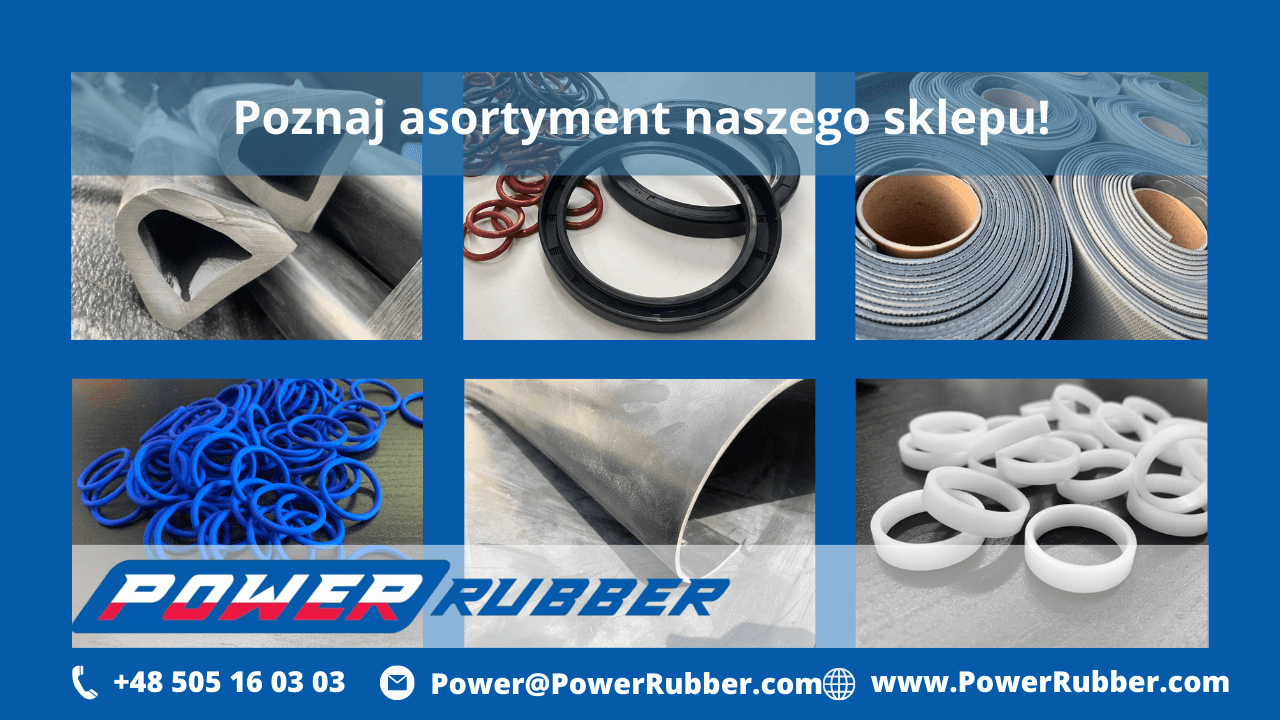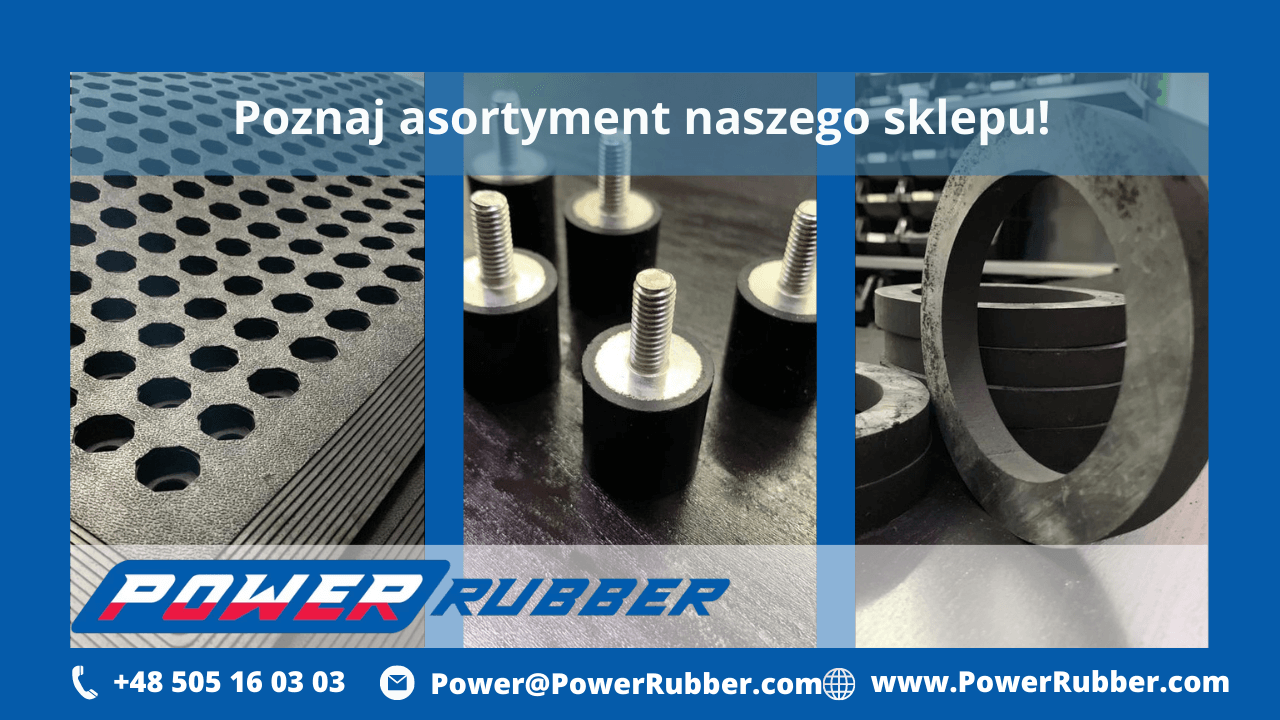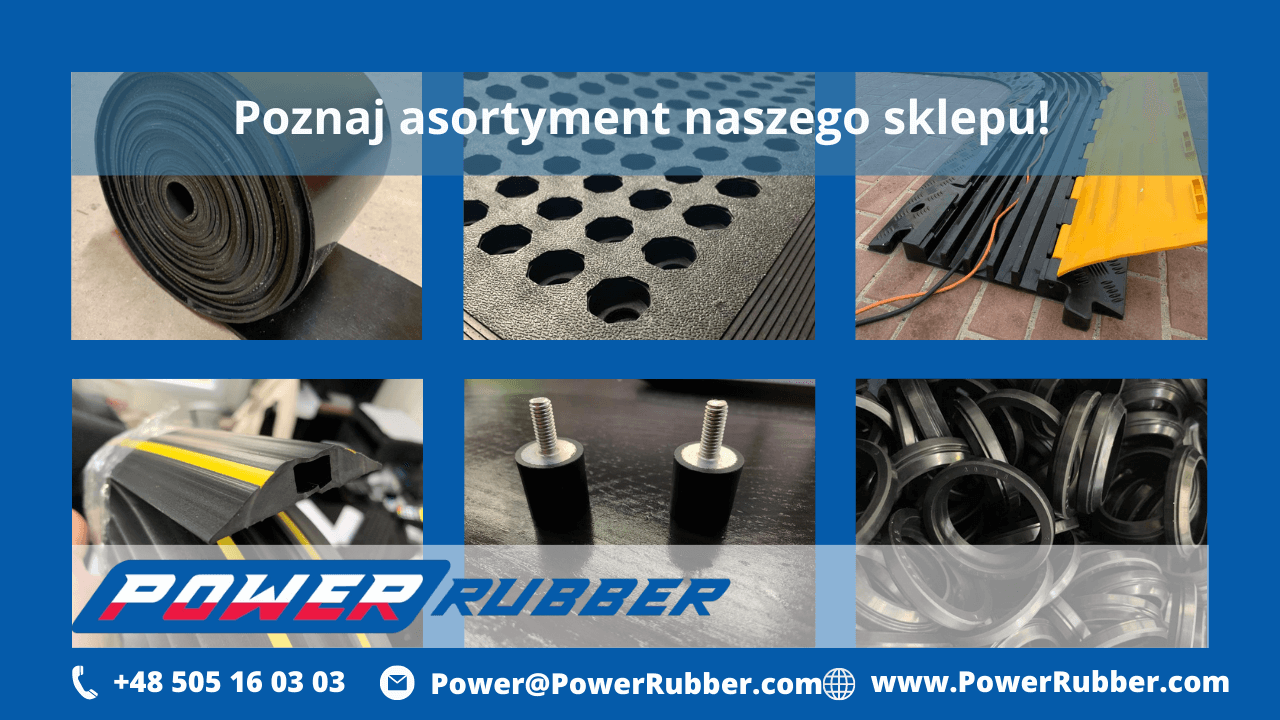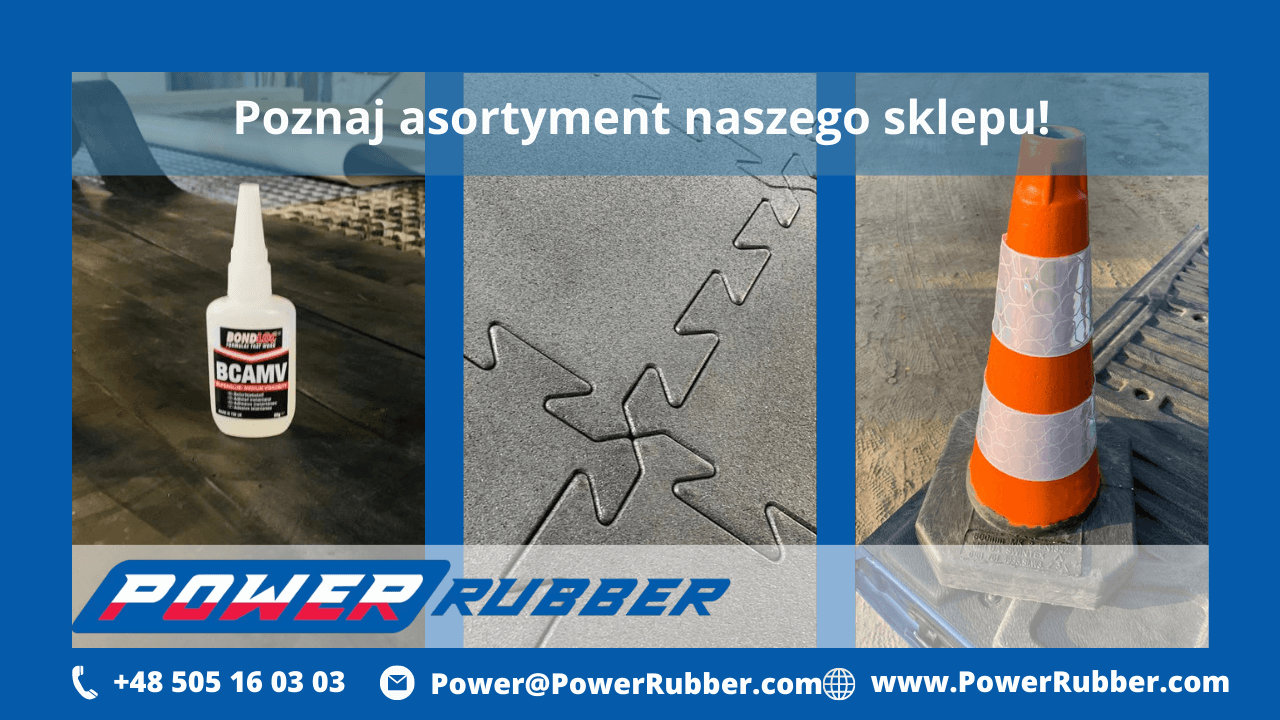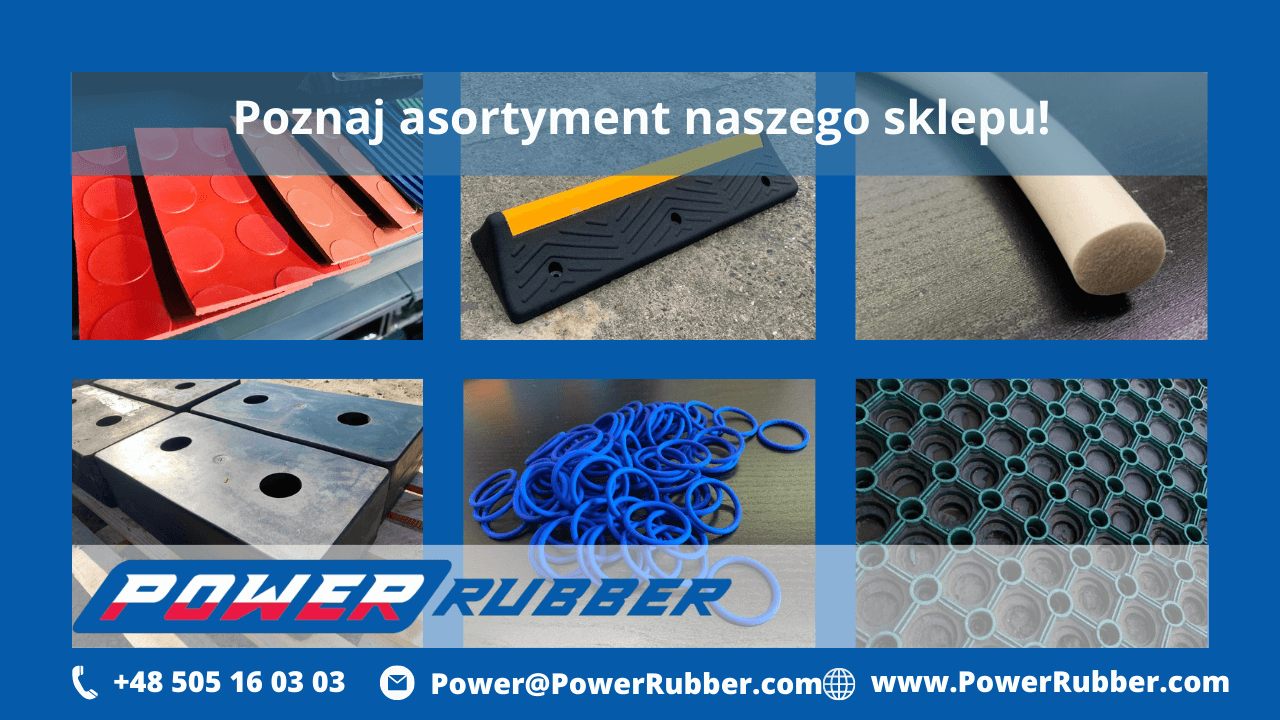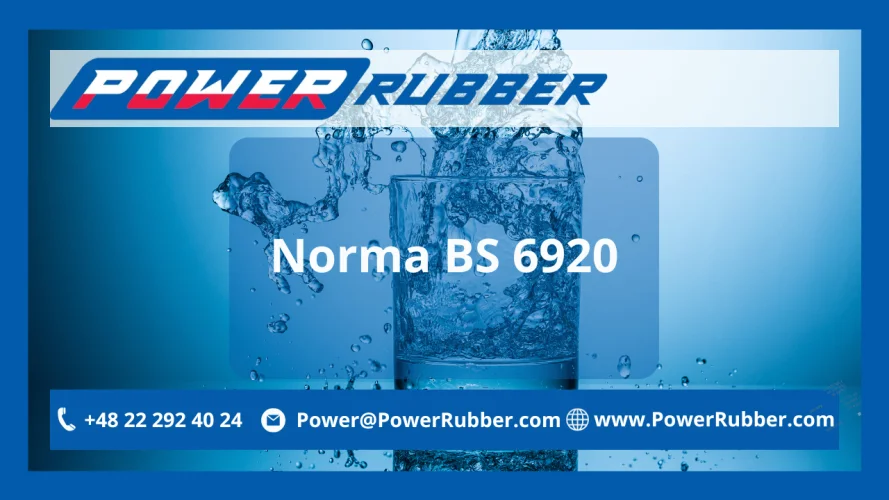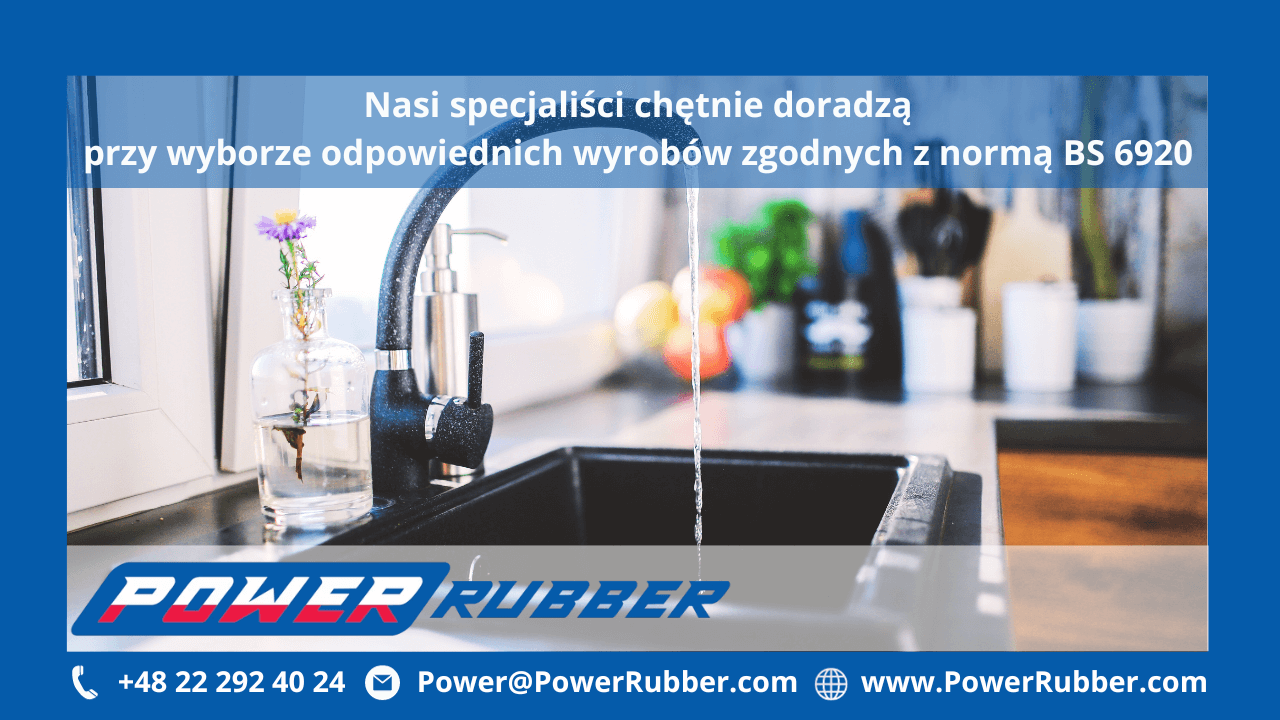BS 6920 Standard – Water Quality Testing
The BS 6920 standard defines the suitability of non-metallic materials and products intended to come into contact with water for human consumption, specifically regarding their impact on water quality.
The standardised testing methods include evaluations of taste and odour, appearance, microbial growth, extraction of substances that could pose a risk to public health, heavy metal content, high-temperature performance, and the sensory properties of water passing through hoses used in food and beverage applications.
BS 6920 – Test Requirements
BS 6920 Part 2 outlines the official testing methods. Assessment is based on five separate tests:
-
Odour and taste of water (14 days)
-
Water appearance (colour or turbidity) (14 days)
-
Microbial growth (rate of microorganism development) (7 to 9 weeks)
-
Extraction of potentially hazardous substances (cytotoxicity) (7 days)
-
Extraction of metals (heavy metal content) (4 weeks)
The entire test duration is a minimum of 12 weeks.
BS 6920-2.2 Odour and Taste of Water
This standardised method assesses whether a product imparts any detectable odour or taste to non-chlorinated or chlorinated water (extracts are diluted with chlorine). The test also includes organoleptic evaluation. Three trained panel members perform the assessment. If two out of three detect a noticeable change in odour or taste, the product fails the specification. During the procedure, the water containing the sample must be maintained at a consistent temperature. Testing duration: up to 14 working days.
BS 6920-2.3 Water Appearance
This test determines whether a material causes visible changes in water colour or turbidity. If any increase in colour or cloudiness is observed during the final 14-day extraction period, the product fails the specification.
BS 6920-2.4 Microbial Growth in Water
This evaluation checks whether a material supports the growth of microorganisms when in contact with water. Testing takes between 7 to 9 weeks. The result is based on measuring the amount of dissolved oxygen consumed from the test water. The average change in oxygen concentration from three samples is used to determine the material’s tendency to support microbial growth. A product meets the specification if the average oxygen consumption is less than 2.4 mg/L. If the result exceeds 2.9 mg/L, the product is considered non-compliant and is excluded from further testing. Certain materials, such as cement-based products, require an additional reference system. Tests are always conducted at 30°C.
BS 6920-2.5 Cytotoxicity
This test evaluates the toxicity of a material by immersing it in water and examining whether the aqueous extract causes a toxic response in cell cultures. If cytotoxicity is detected, two additional samples are tested. The test duration is up to 7 working days.
BS 6920-2.6 Heavy Metal Content
This test determines whether a material leaches metals into the water. Testing may take up to 4 weeks and is carried out using duplicate samples, both of which must comply with BS 6920 standards. The extract is tested for nickel, selenium, mercury, lead, arsenic, aluminium, iron, manganese, cadmium, boron, chromium, and antimony.
BS 6920 – High Temperature Water Testing
Part 3 of the BS 6920 standard applies to products used in domestic hot water installations or other systems where water temperatures exceed 23°C, including drinking or bathing water applications. This high-temperature test was developed for non-metallic materials likely to come into contact with hot water in household settings.
Test Procedure Includes:
-
Odour and taste testing
-
Water appearance testing
-
Microbial growth evaluation
-
Extraction of hazardous substances
-
Extraction of metals
These tests can be carried out at temperatures up to 85°C. Taste, odour, and extraction of hazardous substances are also conducted at 23°C. Microbial growth testing is always performed at 30°C.
BS 6920 – General Requirements Guide
Sampling for Water Analysis
Water quality tests must be conducted on submitted samples that fully meet the BS 6920 specifications. Ten samples of each material are required for evaluation. The materials must not be older than 12 months at the time of testing.
The objective of the BS 6920 standard is to prevent contamination of drinking water by non-metallic materials. Products that comply with drinking water hygiene standards are considered safe for public health.
For more information or if you have any questions, please contact us directly by phone: +48 22 292 40 24 or +48 50 516 03 03, or by email: Power@PowerRubber.com, or use our contact form.
